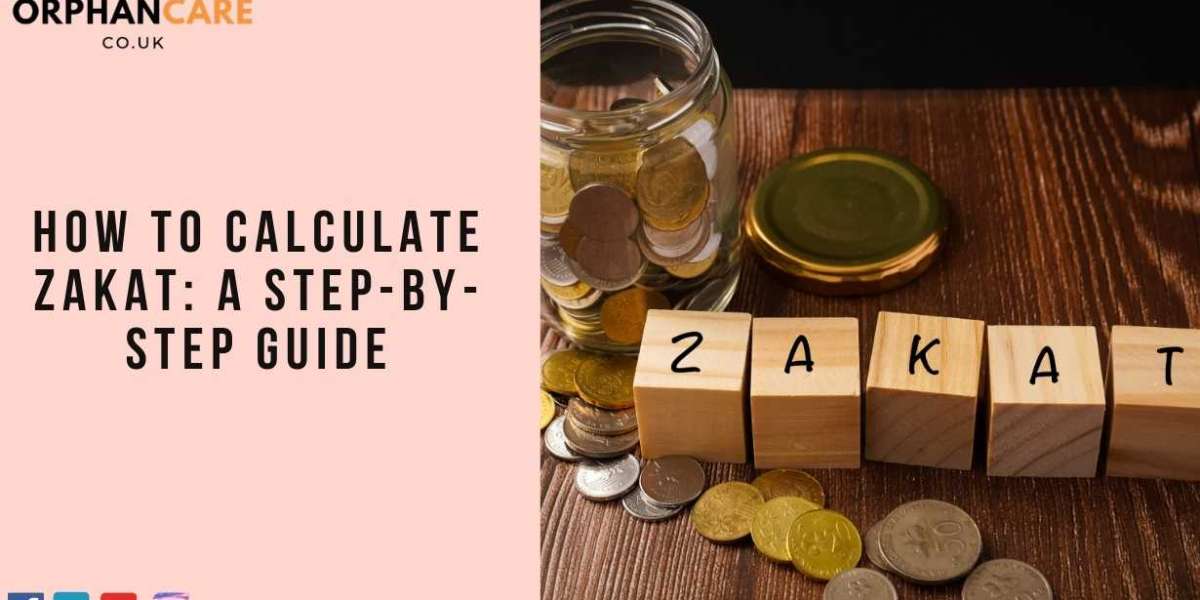Zakat on gold is an important aspect of Islamic charity, reflecting the broader principles of wealth redistribution and social justice. Understanding how to calculate and pay Zakat on gold requires a grasp of specific rules and conditions that ensure the fair and accurate fulfillment of this religious obligation.
Understanding Nisab and the Rate of Zakat:
Nisab Threshold: The Nisab is the minimum amount of wealth a Muslim must possess before being liable to pay Zakat. For gold, the Nisab is equivalent to 85 grams (or 7.5 tolas) of pure gold. If a Muslim owns gold that meets or exceeds this threshold, they are obligated to pay Zakat on it.
Zakat Rate: The standard rate of Zakat is 2.5% of the total value of the gold. This rate applies annually, meaning Zakat should be calculated and paid once a lunar year (Hijri year) has passed since the gold reached or exceeded the Nisab.
Calculating Zakat on Gold:
Determine the Total Weight: First, determine the total weight of the gold owned. This includes all gold jewelry, coins, bars, and any other forms of gold. It’s important to note that the weight should be calculated in grams or tolas, depending on local practice.
Assess the Purity: Gold often comes in various purities (measured in karats), so it’s essential to determine the purity of the gold. Pure gold is 24 karats, but jewelry might be 22K, 18K, or lower. Convert the weight of different purities into an equivalent amount of pure gold.
Current Market Value: Check the current market value of gold per gram. The market price fluctuates, so it’s crucial to use an accurate and up-to-date rate to calculate the total value of the gold.
Calculate the Zakat Amount: Multiply the total value of the gold by 2.5% (0.025). This calculation gives the amount of Zakat that needs to be paid.
Specific Rules and Conditions:
Personal Use: There is a scholarly debate on whether gold used for personal adornment is exempt from Zakat. However, the majority opinion holds that all gold, regardless of use, is subject to Zakat if it exceeds the Nisab.
Mixed Wealth: If a Muslim owns a combination of gold and other Zakatable assets (like cash, silver, and business inventory), the value of these assets should be combined. If the total exceeds the Nisab, Zakat is due on the combined value.
Ownership Period: Zakat is due if the gold has been in possession for one full lunar year. If gold is acquired partway through the year, Zakat is calculated from the date of acquisition.
Debt Consideration: If a person is in debt, they can deduct their outstanding liabilities from their total wealth before calculating Zakat. If the remaining wealth (including gold) is still above the Nisab, Zakat is due on the net amount.
Benefits and Spiritual Significance:
Purification of Wealth: Paying Zakat on gold purifies the wealth of the giver, aligning with the Islamic principle that wealth should not only benefit the individual but also the community.
Social Justice: Zakat ensures that wealth circulates within the community, providing for those in need and reducing economic disparities. By paying Zakat, individuals contribute to the well-being of society.
Spiritual Growth: Fulfilling the obligation of Zakat strengthens a Muslim's faith and connection to God. It cultivates a sense of responsibility and compassion towards others.
Economic Impact: The redistribution of wealth through Zakat can have a significant economic impact, especially in communities where poverty and financial instability are prevalent. It helps uplift the less fortunate and promotes economic stability.
If you want to help the poor childrens and families then click to Donate Zakat and save his life.
In conclusion, Zakat on gold is a detailed and significant aspect of Islamic charity that requires careful calculation and adherence to specific rules. By understanding and fulfilling this obligation, Muslims not only purify their wealth but also contribute to a more equitable and compassionate society. The process ensures that the benefits of wealth are shared, fostering social justice and economic stability within the community.



